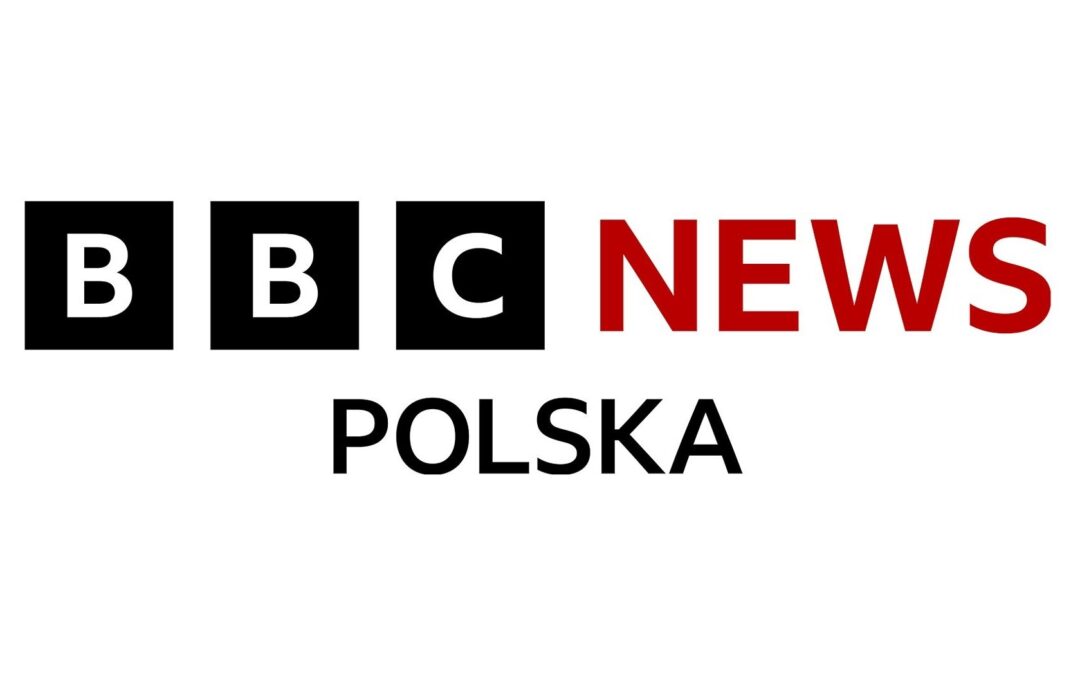Keep our news free from ads and paywalls by making a donation to support our work!

Notes from Poland is run by a small editorial team and is published by an independent, non-profit foundation that is funded through donations from our readers. We cannot do what we do without your support.
Britain’s public broadcaster, the BBC, has announced the launch next month of a Polish-language website that it says will “deliver independent and impartial news” and “help counter a wave of disinformation in the region”.
The new service, called BBC News Polska (“Polska” being the name for Poland in Polish), will go live on 24 June, initially as a one-year pilot project that will be continually reviewed. As well as a dedicated website, it will also publish content on Facebook and Instagram.
📢 BBC World Service to launch new offer in Polish
BBC News Polska will deliver independent and impartial news in text and video for Polish-speaking audiences. More here ⤵️https://t.co/f48KwfzGJr
— BBC Press Office (@bbcpress) May 22, 2025
BBC World Service, which will run the new Polish section, says content will be a mix of original journalism and “AI-assisted translation of curated BBC reporting” from other parts of the corporation. Among the topics that will be covered are “ongoing wars and conflicts, health, climate change, and the cost of living”.
It adds that all AI-translated content will be subject to human editorial oversight and will be clearly labelled. The new Polish service will also host content from two existing BBC presenters with Polish roots, Kasia Madera and Tomasz Schafernaker.
“Today, as we face a storm of disinformation and ever-growing attacks on media freedom, democracy and regional security, BBC News Polska is a major step towards serving more audiences around the world with content they can trust,” says Jonathan Munro, global director of BBC News.
Launching its Polish service “is part of a strategy that would see the BBC’s global reach grow and advance the case for democratic values”, he added.
The first round of Poland's presidential election was "competitive" with "no incidents or serious procedural shortcomings", an @OSCE report has found.
But it warned that a highly-polarised environment limited voters’ access to impartial informationhttps://t.co/b07pS39omF
— Notes from Poland 🇵🇱 (@notesfrompoland) May 20, 2025
In the latest World Press Freedom Index published annually by Reporters Without Borders, Poland is ranked 31st in the world, below Jamaica, South Africa and Cape Verde. That, however, is a significant improvement on the 66th place it recorded in 2022.
After the first round of presidential elections earlier this month, monitors from the OSCE noted that Poland’s “highly polarized” media landscape “limited access of voters to comprehensive information needed for making a fully informed choice”. They called for “systematic media reforms” to address the issue.
The Polish government has also regularly accused Russia of seeking to spread disinformation in Poland in order to stir discontent and division as well as to influence elections.
Aside from Poland itself, which has a population of around 38 million people, there is also a large Polish-speaking diaspora around the world, including in the United Kingdom. The 2021 census found that 612,000 people spoke Polish in England and Wales, making it the most common non-native language.

Notes from Poland is run by a small editorial team and published by an independent, non-profit foundation that is funded through donations from our readers. We cannot do what we do without your support.
Main image credit: BBC

Daniel Tilles is editor-in-chief of Notes from Poland. He has written on Polish affairs for a wide range of publications, including Foreign Policy, POLITICO Europe, EUobserver and Dziennik Gazeta Prawna.



















